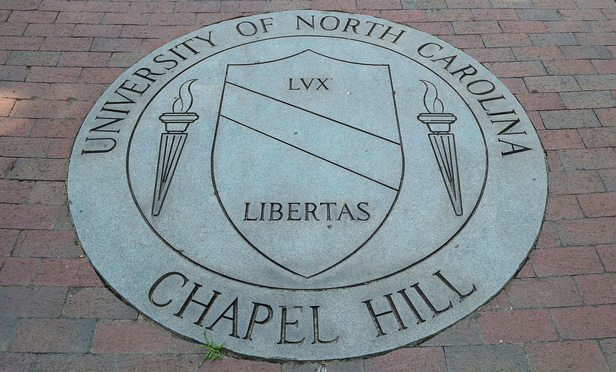Higher education controversies traditionally have been a helpful and relevant source of governance guidance for the broader corporate community. In recent years, well-documented problems at institutions such as Penn State, Rutgers, Ball State, St. John’s and others have provided useful lessons on important governance issues such as board-executive reporting and lines of authority, principles of effective oversight, financial management and levels of board engagement. So it is, also, with the recent academic misconduct scandal at the prestigious University of North Carolina at Chapel Hill.
To characterize the UNC situation as a “garden variety” college sports scandal would be to ignore its unique and broad-based governance relevance. Rather, it serves as an instructive illustration on two concepts: first, how organizational scandal can arise from totally unexpected sources; and second, how cultural and behavioral proclivities can unintentionally perpetuate a scandal. Indeed, its lessons regarding human nature, institutional loyalty, organizational culture and employee ethical consciousness have broad-based relevance across industry sectors.
This content has been archived. It is available through our partners, LexisNexis® and Bloomberg Law.
To view this content, please continue to their sites.
Not a Lexis Subscriber?
Subscribe Now
Not a Bloomberg Law Subscriber?
Subscribe Now
LexisNexis® and Bloomberg Law are third party online distributors of the broad collection of current and archived versions of ALM's legal news publications. LexisNexis® and Bloomberg Law customers are able to access and use ALM's content, including content from the National Law Journal, The American Lawyer, Legaltech News, The New York Law Journal, and Corporate Counsel, as well as other sources of legal information.
For questions call 1-877-256-2472 or contact us at [email protected]






